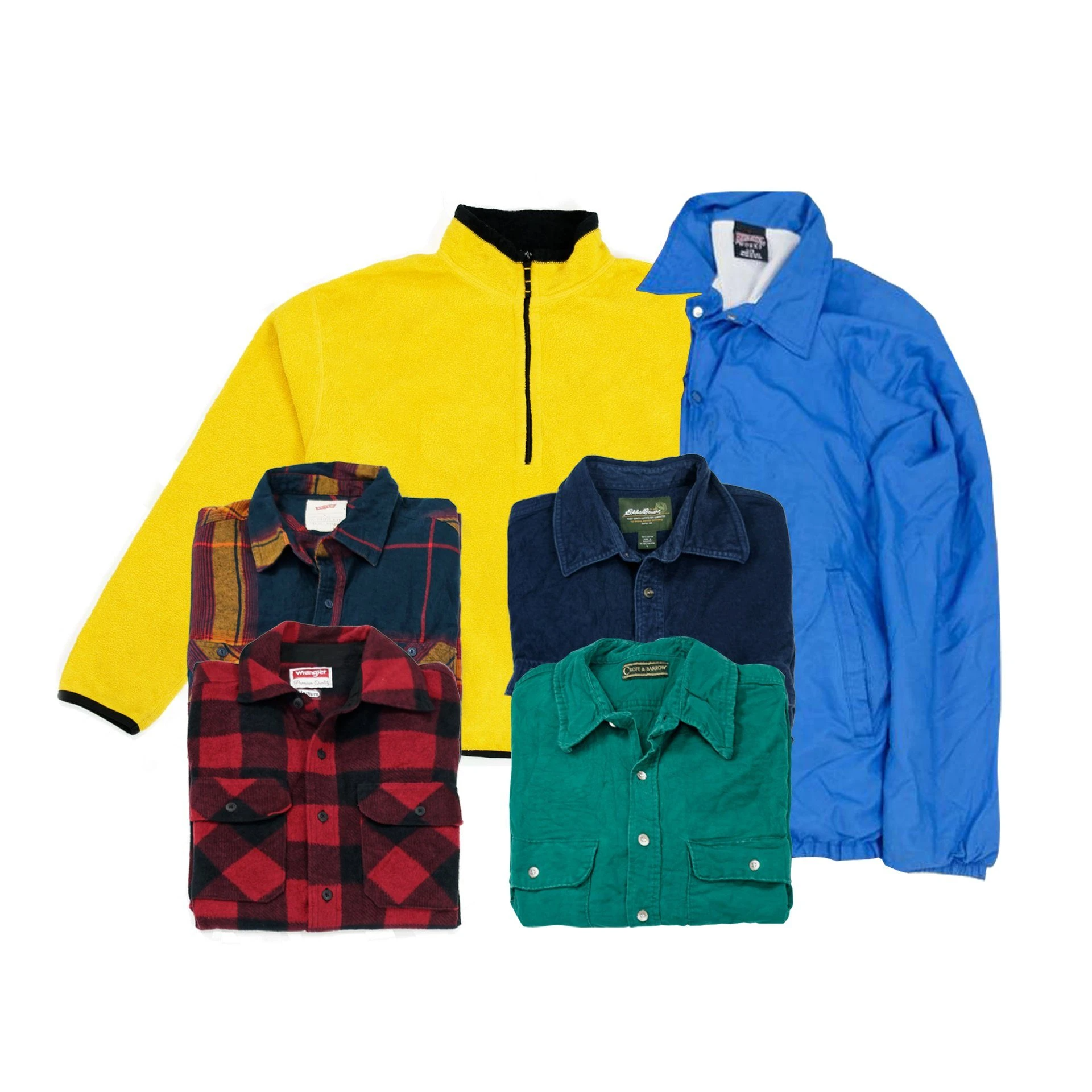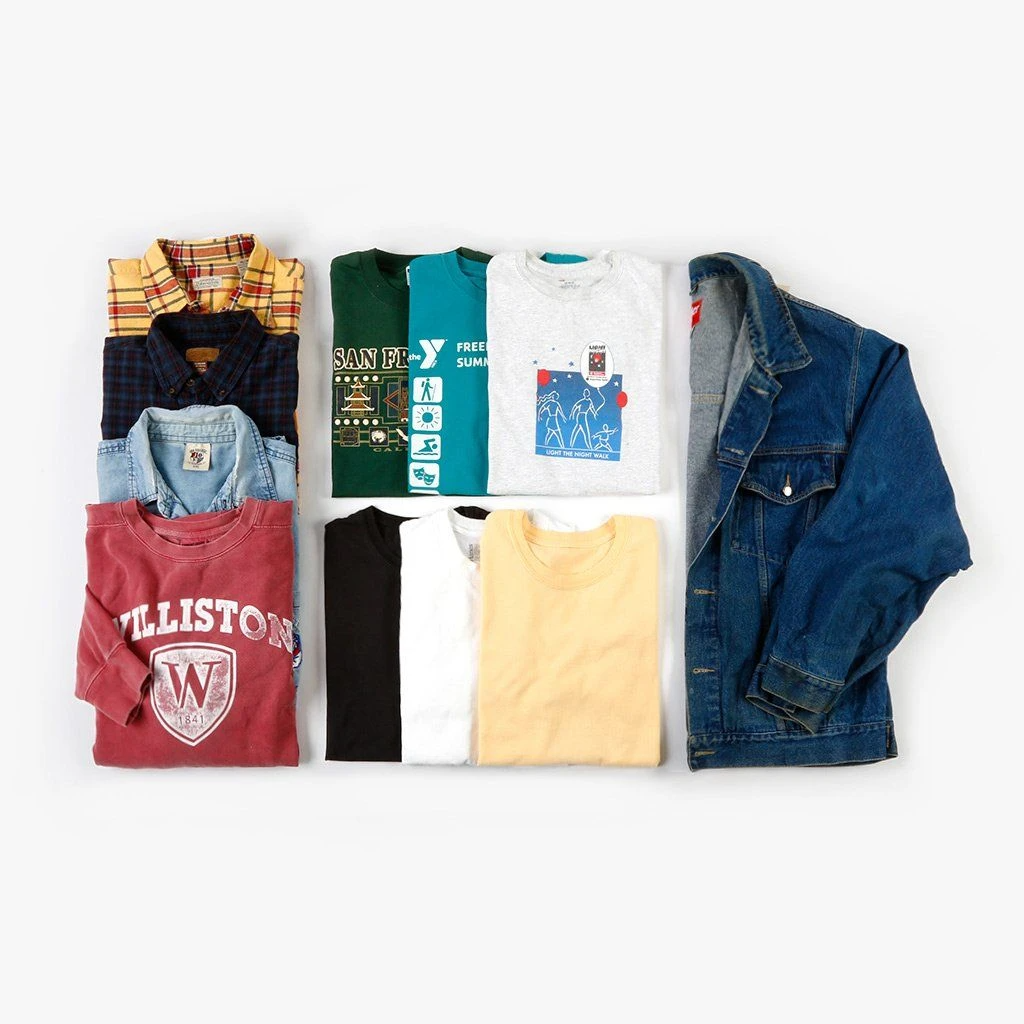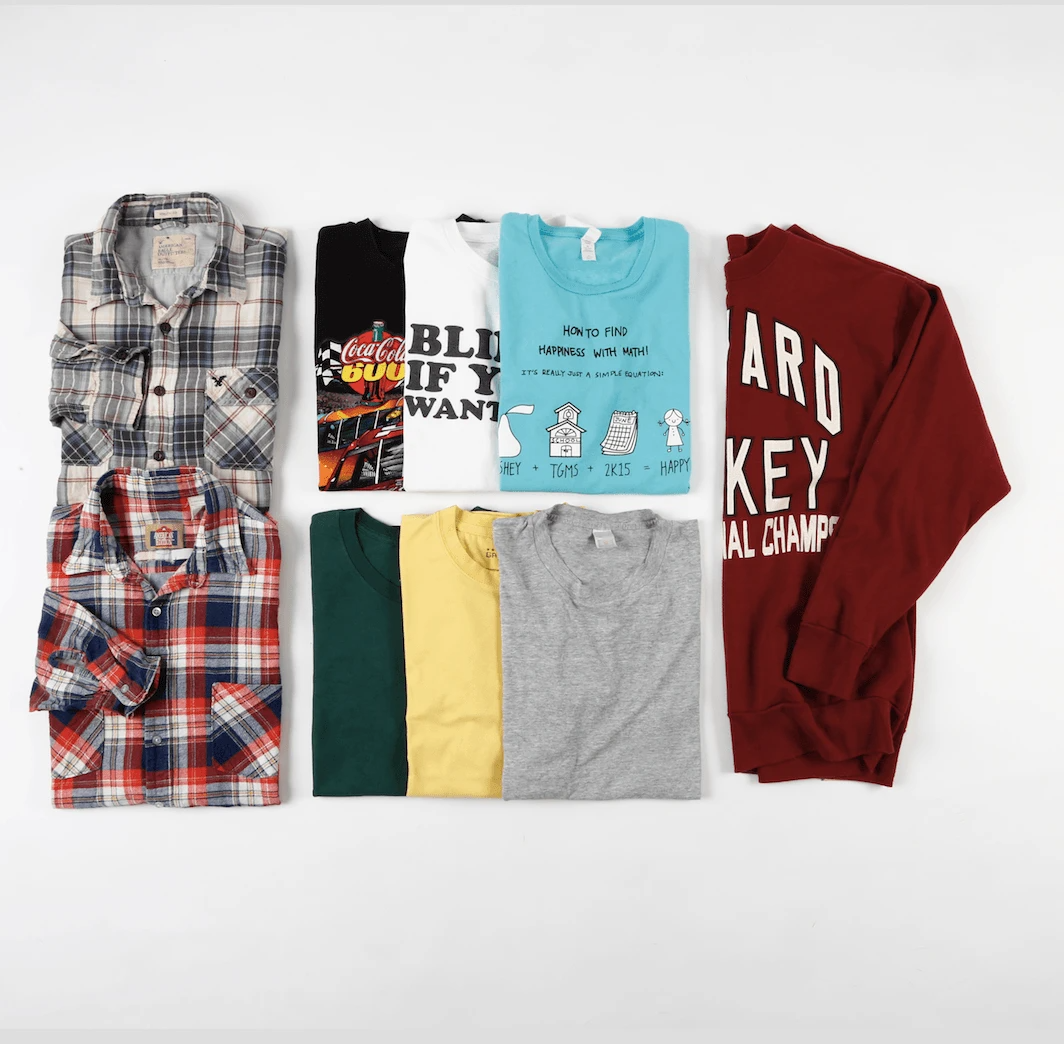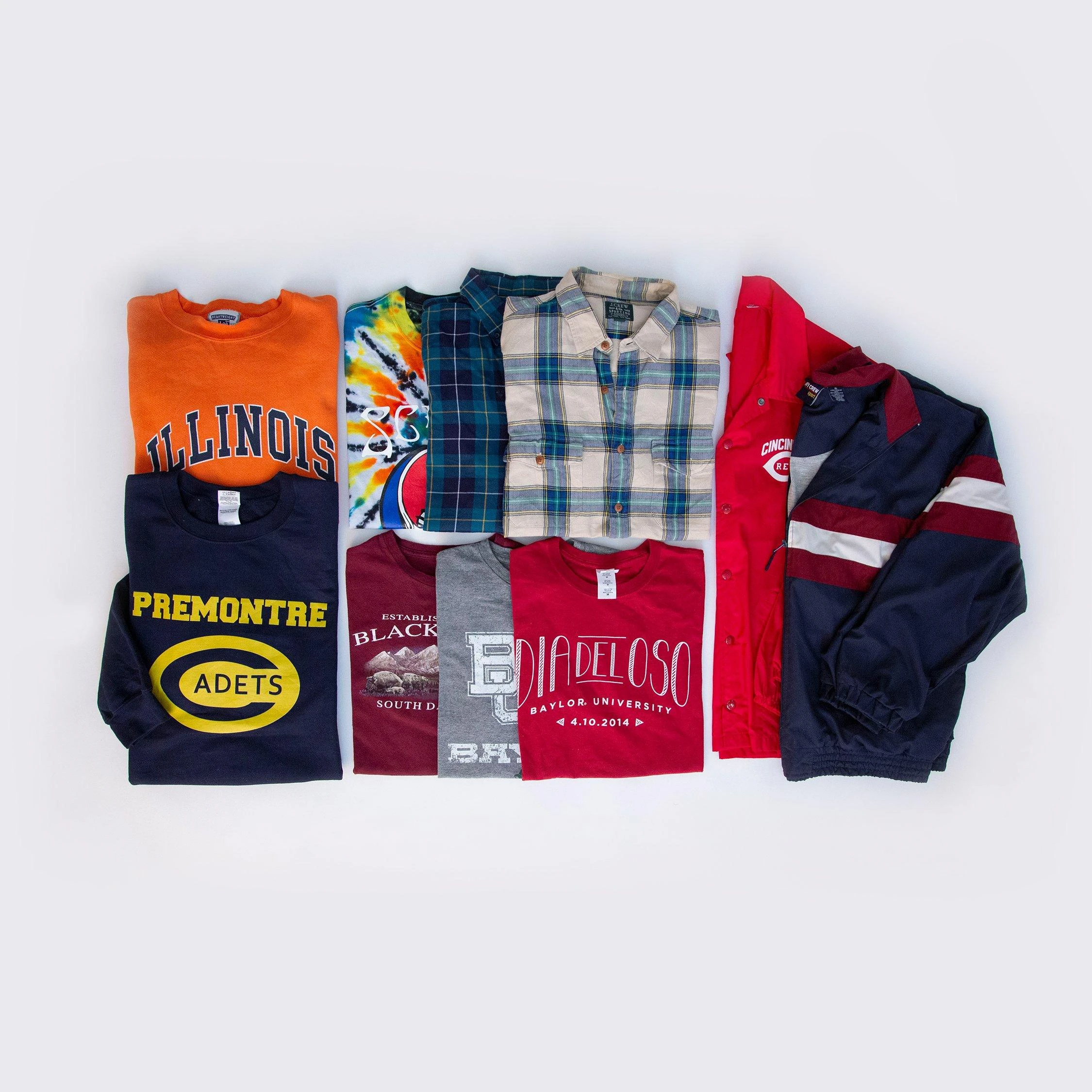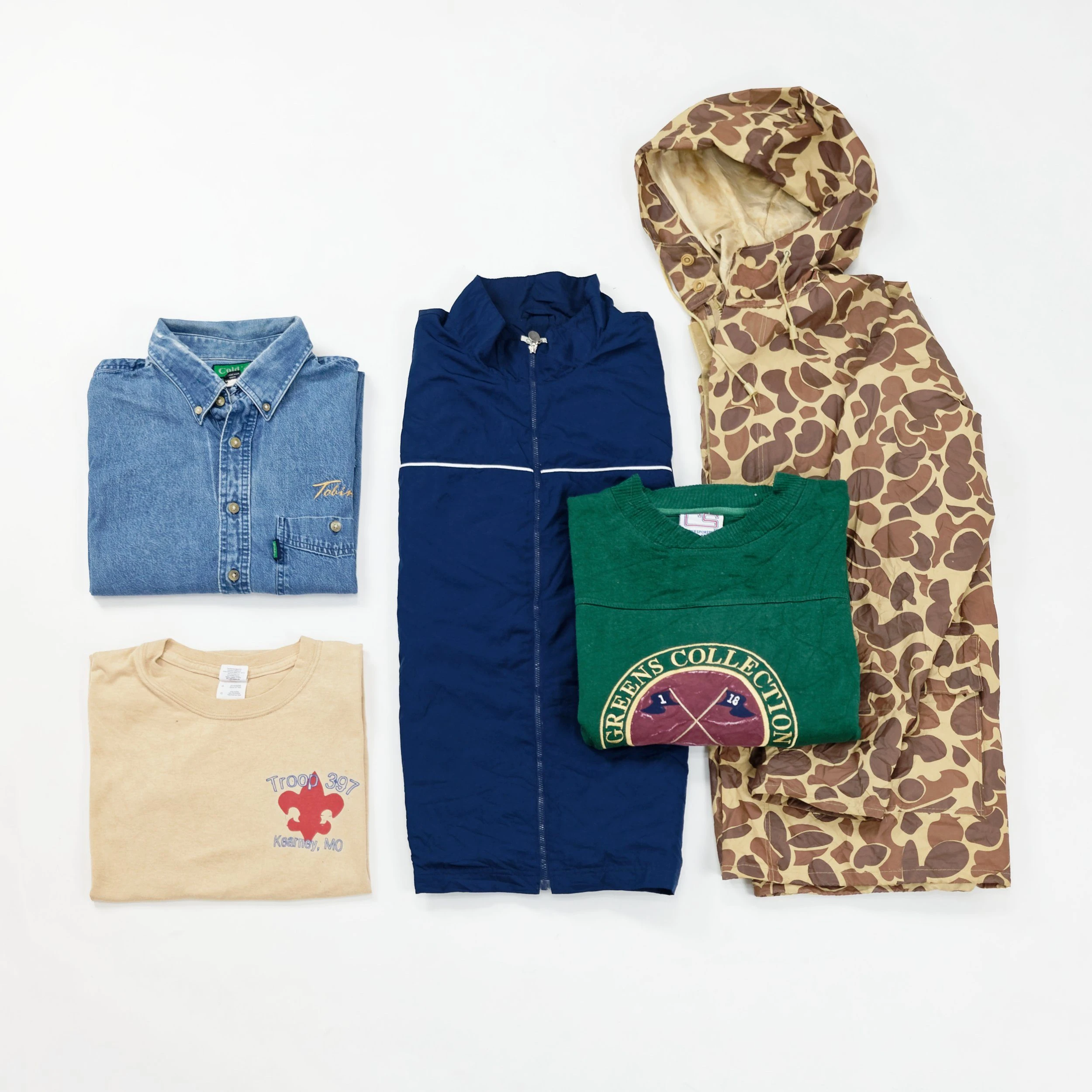It’s no secret that fashion has a waste problem. Trends dominate the industry at all ends of the supply chain, pushing luxury labels and fast-fashion brands alike to create more and more collections each year. In turn, shoppers are pressured to keep up with the growing supply, to buy every trend that garners acclaim on the market, even if that means purchasing something that was mass-produced. A month later and the cycle begins again, the of-the-moment pieces we had to have just weeks ago now gathering dust in stock rooms — or worse, in landfills outside of the industry’s purview.
While buying from eco-friendly brands can help lessen the fashion industry’s impact on the environment, the most sustainable way to shop is to buy clothes that already exist. Knowing this is what inspired Topper Luciani, a vet in the used and vintage fashion arena, to launch his Houston-based start-up Goodfair in 2018.
AdvertisementADVERTISEMENT
Goodfair is, at its core, an online thrift shop, but, instead of buying one university track shirt here and one color block anorak there, the expert buyers at Goodfair source items from the waste stream — where discarded clothing resides before being disposed of in a landfill — and group them into “bundles.” Shoppers then choose which set fits their needs most, from the Save The Earth Bundle — which includes a tie-dye T-shirt, two windbreakers, two zip-up hoodies, three printed T-shirts, and two flannels — to the Seasons Bundle — which, as the name suggests, is a seasonal set of wardrobe essentials ranging from a chambray shirt for spring to a heavy coat for winter. No two boxes are the same, and prices start at $35.
It’s “mystery shopping,” Luciani says, and it’s existed on a small scale on sites like eBay, Poshmark, and Etsy for quite some time now. It never caught on, though, likely because of how consumed we’ve been with trends. But according to Luciani, as Gen Z’s buying power, which amounts to roughly $143 billion, grows, so, too, does the need for more sustainable and conscious modes of shopping. In his experience, the influential youngest generation is more focused on being conscious than they are about being on-trend. And he’s not alone. According to a 2019 study by Forbes, 62% of Gen Zers prefer to buy sustainably.
That, in no way, means that Goodfair’s selection doesn’t offer the items we’re looking for in real-time. Given that trends are notoriously cyclical, it’s not surprising that you can still find on-trend pieces. In fact, rather than buying an ‘80s-inspired crewneck or a pair of ‘70s-esque jeans courtesy of a fast-fashion store, thanks to Goodfair, customers can buy an authentic piece from the era and be more sustainable as a result.
AdvertisementADVERTISEMENT
“The whole mission and ethos around everything that we're doing is that we want to be just one small place that doesn't have to make more stuff,” Luciani says. “There's already enough stuff out there, and if we can shift consumer behavior and mindsets even a little bit — if we can just be one small shift for a lot of people — we could make a really big change.”
By filling his inventory with items that already exist, Luciani is building out a subset of the fashion industry where there is no waste. “Even if we can inspire other businesses to be selling secondhand, I'm down for that,” he says. The company is even opening itself up to partnerships with curated secondhand shops on Etsy and Depop. “In reality, anyone who's selling secondhand is better than someone who's making something, even if they’re technically competition.”
For Luciani and his team, shifting consumer habits away from what’s new and trendy and toward what’s already been produced has always been the goal. “I started this because I'm really into thrifting: I love the treasure hunt, I love going to thrift stores, and I love the culture of thrift stores.” But the best part about his favorite pastime? “Nothing at all has to be made. Inherently, everything thrifted already exists.”
Help Goodfair solve fashion’s waste problem by shopping the company’s current selection of mystery bundles, below.
At Refinery29, we’re here to help you navigate this overwhelming world of stuff. All of our market picks are independently selected and curated by the editorial team. If you buy something we link to on our site, Refinery29 may earn commission.
AdvertisementADVERTISEMENT







